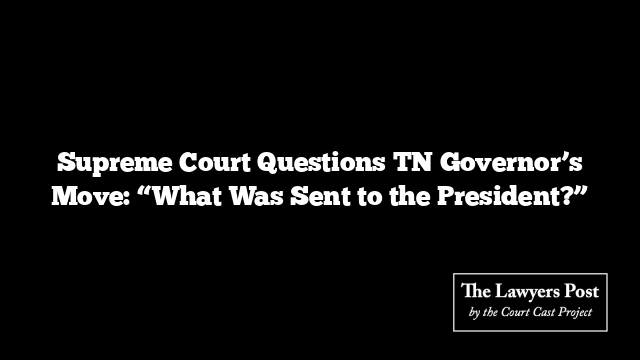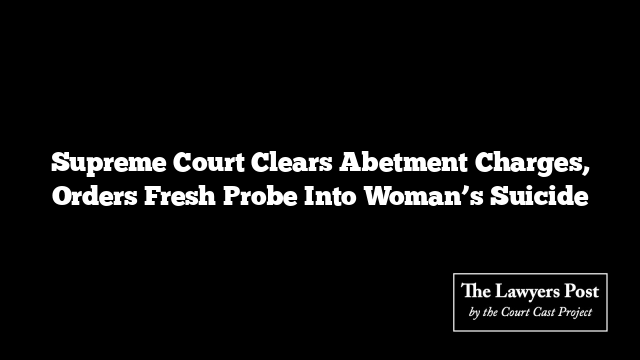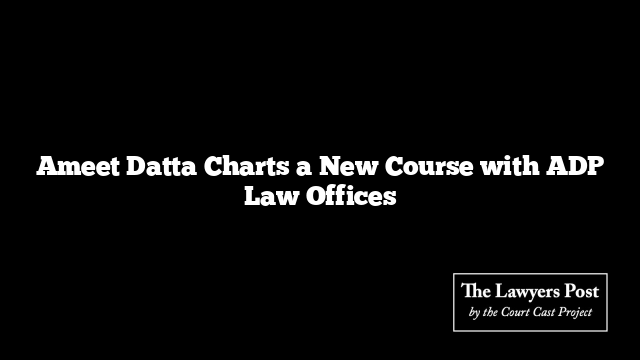The Supreme Court has raised sharp questions over Tamil Nadu Governor RN Ravi’s handling of state legislation, particularly his decision to send re-passed bills to the President despite constitutional constraints.
Hearing a challenge by the Tamil Nadu government, a bench comprising Justices JB Pardiwala and R Mahadevan reserved its judgment but made pointed observations about the Governor’s role in the legislative process.
Governor’s Actions Under Scrutiny
At the heart of the matter is the Governor’s refusal to grant assent to multiple bills passed by the State Assembly, including legislation related to appointing Vice Chancellors for state universities. The legal debate intensified when the Supreme Court questioned how the Governor could forward a bill to the President after the state legislature had already reconsidered and passed it a second time.
“If the bills were repassed by the legislature and the Governor received them again, then what exactly was sent to the President?” the bench asked.
Tamil Nadu’s legal team, led by Senior Advocate Rakesh Dwivedi, confirmed that repassed bills were indeed forwarded to the President. However, the court challenged the logic of this move, turning to Attorney General R Venkataramani—who represented the Governor—for an explanation.
Legal Roadblocks Under Article 200
The Supreme Court emphasized that under Article 200 of the Constitution, the Governor has three choices when a bill reaches his desk:
- Grant assent
- Withhold assent
- Refer the bill to the President
However, once the Governor sends a bill back to the state legislature for reconsideration, the option to escalate it to the President disappears. If the legislature passes the bill again, the Governor must give assent—no further maneuvering is constitutionally permissible.
The court firmly stated:
“If the Governor withholds assent, the proviso allowing referral to the President no longer applies.”
Governor “Devising His Own Procedure”
The Tamil Nadu government argued that the Governor was deliberately stalling governance by refusing to act on bills, effectively holding the state hostage. The court, in an earlier hearing, had already criticized the Governor’s delay tactics, noting that he seemed to be “devising his own procedure” rather than following constitutional guidelines.
On Monday, the bench reiterated its concerns:
“If the Governor does not communicate his objections, how is the State expected to reconsider the bill? This makes the entire exercise an empty formality.”
Justice Pardiwala further suggested that withholding reasons for rejecting a bill might be a strategic move to avoid binding the President. “By not explaining his concerns, isn’t the Governor making the second option meaningless?”
A Constitutional Standoff
Senior Advocate Rakesh Dwivedi argued that the Governor must act based on the aid and advice of the Council of Ministers. Meanwhile, Attorney General Venkataramani acknowledged the need for the Governor to act with responsibility, given his constitutional position.
The case has now been left for judgment, but the Supreme Court’s remarks signal deep concerns about the Governor’s role and the broader implications for federal governance.





